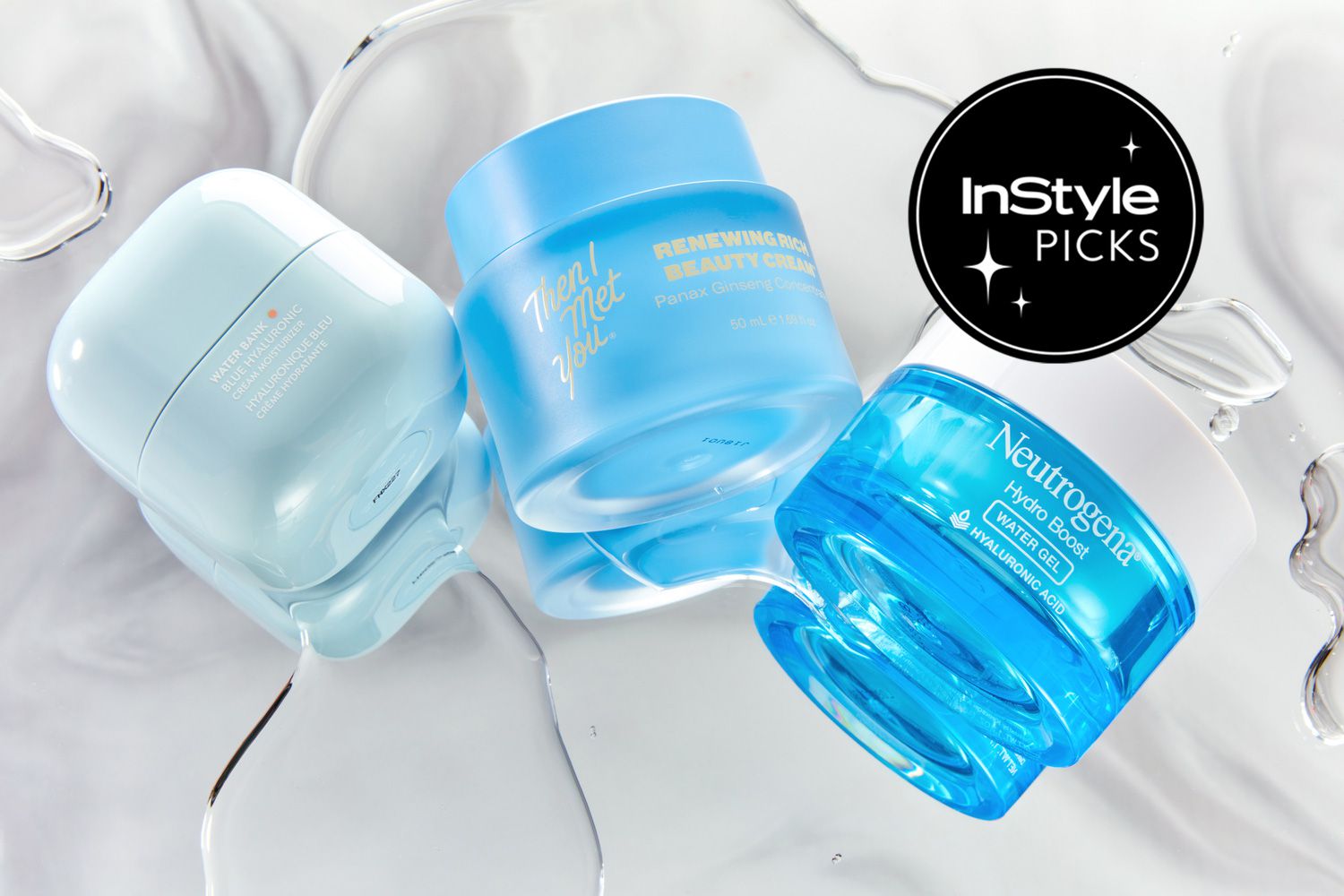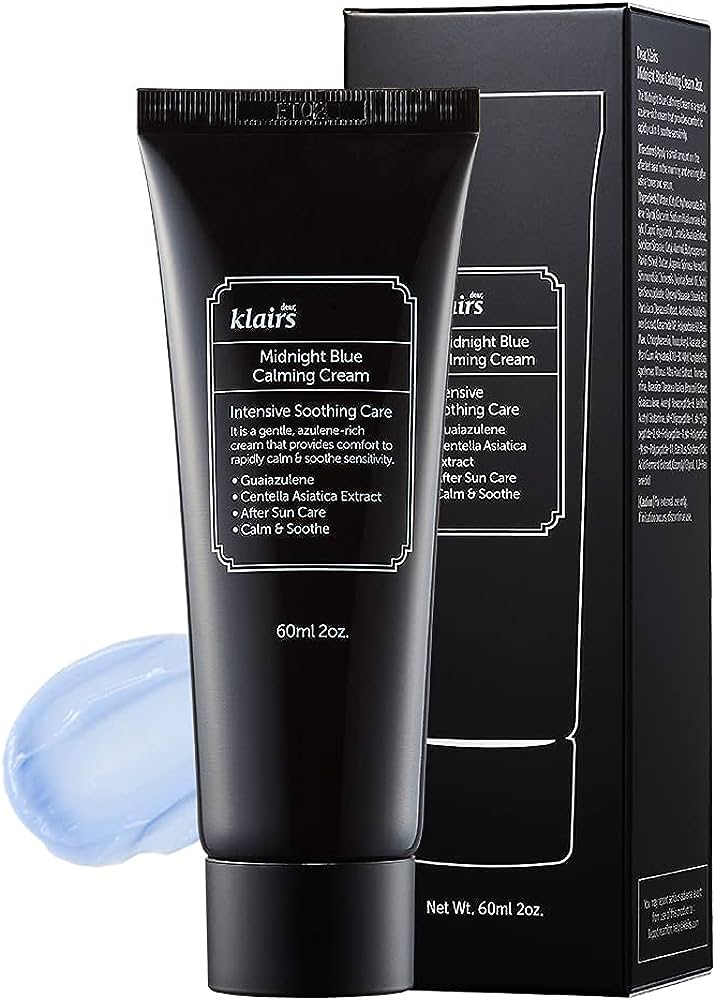Everyone aspires for a radiant, glowing complexion that not only enhances our physical appearance but also boosts our self-confidence. But achieving clear and bright skin may seem like a puzzle to many. This comprehensive guide will shine a light on the many aspects of skin care to help you unravel the mystery of how to get clear skin that also looks bright. Get ready to embark on a journey to healthier, happier skin.
Understanding Your Skin
Our skin is as unique as we are, with different types of skin responding differently to treatments and care routines. The five main types – dry, oily, combination, sensitive, and normal – all have unique needs. For instance, while oily skin benefits from lightweight, oil-free products, dry skin may require richer, more emollient formulations. Understanding your skin type is the first step towards personalized skincare that works for you. Just as a tailored suit fits better, tailored skincare shows better results.
Common Causes of Dull and Unclear Skin
What we consume, how we live, and where we are can impact our skin. Dehydration can cause your skin to look dull and tired, while a diet rich in processed foods can lead to breakouts. Stress and lack of sleep can accelerate skin aging, and environmental factors like pollution and sun exposure can cause dark spots and uneven skin tone. A case study published by the Journal of Investigative Dermatology demonstrated that individuals living in high-pollution areas showed significantly more signs of skin aging compared to those in cleaner environments.
The Importance of a Good Skincare Routine
A regular skincare routine can be a game-changer for your skin. The four pillars – cleansing, toning, moisturizing, and sun protection – work in unison to ensure your skin stays healthy and glowing. For instance, a woman named Jane shared her experience of how a consistent skincare routine drastically improved her skin texture and clarity over a period of six months. Remember, when it comes to skincare, consistency is key.
Recommended Natural Remedies
There are countless DIY remedies that can give you clearer and brighter skin without breaking the bank. For instance, honey and turmeric masks are known for their anti-inflammatory and brightening properties. Essential oils, such as lavender and tea tree oil, can help reduce acne and inflammation when used correctly. However, always perform a patch test before applying new natural remedies to avoid any potential adverse reactions.
Professional Treatments for Clear and Bright Skin
There are numerous professional treatments available for those seeking advanced care. Chemical peels, microdermabrasion, and laser treatments can address more severe skin issues. An American Academy of Dermatology study highlighted the effectiveness of professional treatments, with 70% of participants reporting improved skin appearance after just one session. However, these treatments should only be considered after consultation with a dermatology professional.
Healthy Habits for Clear and Bright Skin
A balanced diet rich in fruits, vegetables, and lean proteins can work wonders for your skin. Regular exercise boosts blood circulation, carrying essential nutrients to your skin cells, while quality sleep allows for effective skin regeneration. Establishing these healthy habits can lead to clear and bright skin over time. For instance, following a lifestyle makeover, a man named Alex noticed significant improvement in his skin health, as he reduced processed food intake, increased physical activity, and prioritized sleep.
Myths and Misconceptions about Clear and Bright Skin
There are numerous myths floating around in the skincare world. From believing that sun tanning clears acne to assume all-natural products are safe, these misconceptions can lead to harmful practices. A report from the British Journal of Dermatology debunked several of these myths, emphasizing the need for evidence-based skincare practices.
Conclusion
Achieving clear and bright skin requires a holistic approach, one that combines a good skincare routine, healthy lifestyle habits, and a deep understanding of your skin’s unique needs. Embrace your skin journey with patience and persistence, because every step you take brings you closer to healthier, brighter skin.
Frequently Asked Questions(FAQs)
Q1: Can drinking water improve my skin’s appearance?
While drinking water alone won’t clear up your skin, it’s essential for overall health, including skin health. Hydration helps to keep your skin cells functioning properly, which can aid in maintaining your skin’s elasticity and brightness.
Q2: Are expensive skincare products better than cheaper ones?
Not necessarily. The effectiveness of a skincare product depends on the active ingredients and their concentration, not the price. Many affordable products contain the same beneficial ingredients as more expensive ones. Always read the ingredient list and make sure the product is suitable for your skin type.
Q3: How often should I exfoliate my skin?
This depends on your skin type. In general, it’s recommended to exfoliate 1-2 times per week. However, for sensitive skin, once a week or even less often may be sufficient. Over-exfoliating can strip the skin of its natural oils, leading to dryness and irritation.
Q4: Do I need to wear sunscreen even when it’s cloudy?
Yes, absolutely. Up to 80% of the sun’s UV rays can pass through clouds, according to the American Academy of Dermatology. Therefore, it’s essential to apply broad-spectrum sunscreen every day, regardless of the weather.
Q5: What is the best diet for clear skin?
There’s no one-size-fits-all diet for clear skin as it can be influenced by many factors, including genetic and environmental. However, a balanced diet rich in fruits, vegetables, whole grains, lean proteins, and healthy fats can promote overall health and, in turn, skin health. Foods high in antioxidants, such as berries, spinach, and nuts, can help fight inflammation and protect your skin from damage.
Q6: Can stress cause skin problems?
Yes, stress can impact your skin in several ways. It can trigger breakouts and other skin problems due to the increase of cortisol, a stress hormone. Chronic stress can also disrupt the barrier function of the skin, leading to dryness and irritation. Implementing stress-management techniques, such as meditation, yoga, or regular exercise, can contribute to better skin health.
Q7: When should I consider professional skin treatments?
If you have skin concerns that haven’t improved with over-the-counter products, it might be time to consider professional treatments. Issues such as deep acne scars, hyperpigmentation, or chronic redness might benefit from treatments like chemical peels, microdermabrasion, or laser therapy. Always consult with a dermatologist or a skincare professional before starting any new treatment.



